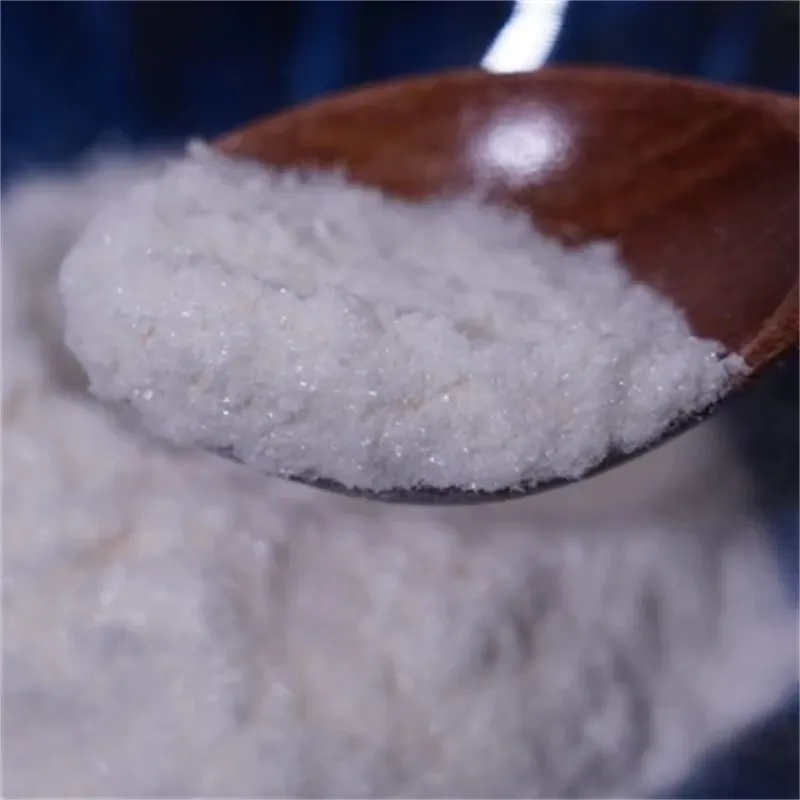Warning: Undefined array key "title" in /home/www/wwwroot/HTML/www.exportstart.com/wp-content/themes/1198/header.php on line 6
Warning: Undefined array key "file" in /home/www/wwwroot/HTML/www.exportstart.com/wp-content/themes/1198/header.php on line 7
Warning: Undefined array key "title" in /home/www/wwwroot/HTML/www.exportstart.com/wp-content/themes/1198/header.php on line 7
Warning: Undefined array key "title" in /home/www/wwwroot/HTML/www.exportstart.com/wp-content/themes/1198/header.php on line 7
- Afrikaans
- Albanian
- Amharic
- Arabic
- Armenian
- Azerbaijani
- Basque
- Belarusian
- Bengali
- Bosnian
- Bulgarian
- Catalan
- Cebuano
- China
- China (Taiwan)
- Corsican
- Croatian
- Czech
- Danish
- Dutch
- English
- Esperanto
- Estonian
- Finnish
- French
- Frisian
- Galician
- Georgian
- German
- Greek
- Gujarati
- Haitian Creole
- hausa
- hawaiian
- Hebrew
- Hindi
- Miao
- Hungarian
- Icelandic
- igbo
- Indonesian
- irish
- Italian
- Japanese
- Javanese
- Kannada
- kazakh
- Khmer
- Rwandese
- Korean
- Kurdish
- Kyrgyz
- Lao
- Latin
- Latvian
- Lithuanian
- Luxembourgish
- Macedonian
- Malgashi
- Malay
- Malayalam
- Maltese
- Maori
- Marathi
- Mongolian
- Myanmar
- Nepali
- Norwegian
- Norwegian
- Occitan
- Pashto
- Persian
- Polish
- Portuguese
- Punjabi
- Romanian
- Russian
- Samoan
- Scottish Gaelic
- Serbian
- Sesotho
- Shona
- Sindhi
- Sinhala
- Slovak
- Slovenian
- Somali
- Spanish
- Sundanese
- Swahili
- Swedish
- Tagalog
- Tajik
- Tamil
- Tatar
- Telugu
- Thai
- Turkish
- Turkmen
- Ukrainian
- Urdu
- Uighur
- Uzbek
- Vietnamese
- Welsh
- Bantu
- Yiddish
- Yoruba
- Zulu
okt . 13, 2024 16:30 Back to list
Understanding the Role of Propylene Glycol in Engine Coolant Formulations
The Role of Propylene Glycol in Coolant Systems
Propylene glycol (PG) is a synthetic liquid substance that belongs to the alcohol family. It is widely used in various applications, most notably in the production of antifreeze and coolant formulations. This article explores the significance of propylene glycol in coolant systems, its properties, benefits, and applications, as well as potential safety considerations.
Properties of Propylene Glycol
Propylene glycol is a colorless, odorless, and tasteless liquid that has a relatively low toxicity profile compared to other glycols, such as ethylene glycol. With a melting point of -59°C and boiling point of 188.2°C, it performs effectively under various temperature conditions. These physical properties make propylene glycol an excellent choice for formulations requiring stability across a wide range of temperatures.
One of the main characteristics that contribute to its widespread use in coolants is its ability to lower the freezing point and raise the boiling point of water. This property is crucial for preventing freezing in cold environments and minimizing the risk of overheating in engines, particularly in applications like automotive radiators, industrial machinery, and HVAC systems.
Benefits of Using Propylene Glycol in Coolants
1. Non-toxic and Environmentally Friendly One of the most significant advantages of propylene glycol over its counterparts is its relatively low toxicity. While ethylene glycol is toxic and poses serious health risks if ingested, propylene glycol is generally recognized as safe for use in food and pharmaceutical applications. This characteristic makes it a preferred choice for applications where spillages might occur, such as in food processing plants or areas where human interaction is likely.
2. Effective Heat Transfer Fluid Propylene glycol is an efficient heat transfer fluid, which means it can help optimize the performance of cooling systems. It allows for better heat dissipation, which is essential to maintaining the temperature of engines and industrial machinery within safe operational limits.
3. Corrosion Inhibition Many propylene glycol-based coolants contain additives that help prevent corrosion within metal components of the cooling system. This can lead to increased longevity and reliability of machinery and vehicles, ultimately minimizing maintenance costs.
4. Versatility Propylene glycol is suitable for various applications beyond just automotive coolant. It is used in HVAC systems, refrigeration, food processing, and even in certain cosmetic products due to its hydration properties. This versatility makes it a valuable ingredient in numerous formulations.
propylene glycol in coolant

Applications of Propylene Glycol Coolants
Propylene glycol is commonly used in several applications
- Automotive Coolants Many automotive manufacturers formulate coolants using propylene glycol due to its efficient thermal properties and lower toxicity. It provides reliable performance in extreme temperatures, ensuring optimal engine operations.
- Industrial Coolants In industrial settings, PG-based coolants are employed in a variety of machinery to prevent overheating and protect against corrosion. They are particularly valuable in environments where human exposure is a concern.
- HVAC Systems Many heating, ventilation, and air conditioning (HVAC) systems utilize propylene glycol as a heat transfer fluid, especially in chillers and boilers, to maintain operational efficiency while ensuring safety.
Safety Considerations
Although propylene glycol is considered safe, it is essential to handle it according to safety guidelines. The low toxicity does not imply that it is entirely harmless, especially in large quantities. Proper storage, labeling, and safety practices should always be observed, particularly in industrial scenarios.
Conclusion
Propylene glycol plays an indispensable role in the formulation of coolants. Its unique properties, including low toxicity, high efficiency in heat transfer, and corrosion resistance, make it a preferred choice across various industries. As environmental and health standards become increasingly stringent, the demand for effective and safe heat transfer fluids like propylene glycol is expected to grow. Thus, understanding its roles and benefits will remain crucial for engineers, manufacturers, and environmental safety experts alike.
Latest news
-
Certifications for Vegetarian and Xanthan Gum Vegetarian
NewsJun.17,2025
-
Sustainability Trends Reshaping the SLES N70 Market
NewsJun.17,2025
-
Propylene Glycol Use in Vaccines: Balancing Function and Perception
NewsJun.17,2025
-
Petroleum Jelly in Skincare: Balancing Benefits and Backlash
NewsJun.17,2025
-
Energy Price Volatility and Ripple Effect on Caprolactam Markets
NewsJun.17,2025
-
Spectroscopic Techniques for Adipic Acid Molecular Weight
NewsJun.17,2025

